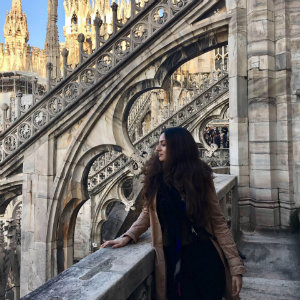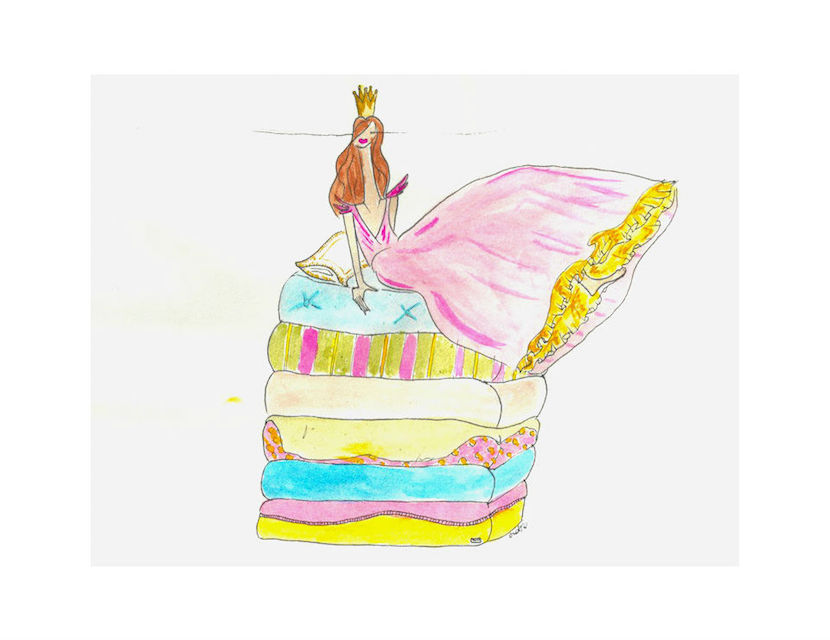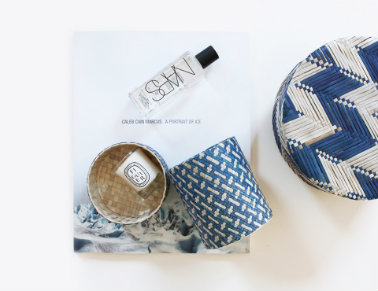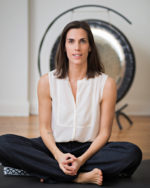Sweet Dreams
We present a must-try list of remedies, sans Ambien, that will help sleep-deprived New Yorkers fall, and stay, fast asleep.
In the City That Never Sleeps, getting enough shut-eye can be difficult. As myriad scientific studies prove time and again, enough snooze time is as important for your health as the right type of slumber—i.e. deep and refreshing. With that in mind, we present a must-try list of remedies, sans Ambien, that will help sleep-deprived New Yorkers fall, and stay, fast asleep.
Lay the Foundation
First things first, you must invest in the basics for sound sleep. Founded in 1852, Swedish mattress manufacturer Hastens has been the official bed of the Swedish royal family. Their Royal Highnesses are onto something, as the brand has several industry awards to its name, including Best Bed. The company declares: “your bed is the single most important item of furniture in your life.” Hear, hear! Where else do you spend such a long, uninterrupted stretch of time on a daily basis?

Each Hastens bed is made using ethically sourced flax, wool, cotton, Swedish pine, and hypoallergenic horsehair. The materials’ support and softness, as opposed to the industry standard latex and memory foam, may be the secret to the beds supreme comfort. The brand even works with clients to find the right individual fit based on sleeping patterns and preferences. Although the mattresses are costly—they can run upwards of $60,000—customers say the hefty price tag is worth the repose. And with a 25-year guarantee, it’s one that balances out in the customers’ favor. We’ll sleep on that.
1100 Madison Avenue, hastens.com
Quick Like a Cat(nap)
Spas are obvious bastions of relaxation, but YeloSpa takes it up a notch by offering a menu of napping options for your restless mind. City slickers too tired, stressed, or jet-lagged to attend another work meeting can dip out for a quick snooze in the urban oasis’ custom sleeping pods. Yelo offers 20-40 minute naps, the former for those who fall asleep without any preamble, the latter for those who need more time to unwind (pass the 40-minute mark and you enter deep sleep).

Naps have been proven to help heart health, improve mood, and promote creativity. The pods are shaped to encourage “zero gravity” sleep therapy by keeping knees positioned slightly above the head, which helps blood flow concentrate in the chest. This promotes a quicker relaxation response. Founder Nicholas Ronco was inspired by the common nap pods he saw in Japan, where it’s common for workers to rest up to be more productive for the remainder of the day. The spa also offers a monthly membership program that includes naps plus body and skin care treatments, which, in addition to the beautifying effects of sleep, will also enhance you from head to toe.
5 East 57th Street, yelospa.com
Sound Asleep
Of the five senses, the effects of sound might be the least exploited when it comes to relaxation. Enter sound baths, the latest trend in mindfulness. New York-based Sound Healer Sara Auster describes them as “improvised meditative concerts” that use the harmonic vibrations of gongs, tuning forks, and singing bowls to stimulate the alpha and theta brainwaves associated with restful states conducive to healing. The practice produces the beneficial effects of meditation, including improved sleep. Though they have been around since ancient Egyptian times, sound baths are just now catching on in popularity in the United States. Celebrity enthusiasts include Charlize Theron and Robert Downey Jr.

Auster holds classes at MNDFL, a new meditation studio in Greenwich Village that epitomizes a Zen environment with its blond wood accented with white and beige. As Auster writes on her website, when the “brainwaves and body are synchronized, balance can be restored and stress released.” And sleep achieved. Classes take place Wednesdays at 6:30 PM and 7:30 PM.
10 East 8th Street, saraauster.com
Mind the Store
What could be a better destination for insomniacs than a store dedicated to sleep? That’s exactly the role Sleep Studio fulfills in this city of the sleep-deprived. Dr. Rubin Naiman, a psychologist and sleep and dream specialist at the University of Arizona’s Center of Integrative Medicine, founded the shop. It features everything from a dawn simulator, a device that awakens you gently with a gradually brightening light, and automatic drapes that open at the designated hour, to the usual bedtime accouterments like mattresses, pillows, sheets and PJs.

Dr. Naiman also writes a sleep blog on the store’s website. He covers topics like the harmful effects of alarm clocks and the difference between wakefulness and just being wired. “If there is a secret to a good night’s sleep, it is a good days waking,” he writes in one post. “By reflecting on the quality of our waking lives we can see how intricately sleep mediates [how we] experience… everything.”
73 Wooster Street, sleepstudio.com
Natural Remedies
For those who, despite trying all the recommendations, simply cannot achieve sleep, Somnus Sleep Therapy brings out the big guns. Using a combination of hypnotherapy, acupuncture, nutritional counseling, and Qi Gong, Somnus can help with insomnia, pain, anxiety, depression, stress, Restless Leg Syndrome, and sleep apnea.
The center was started by Daniel Bernstein, an acupuncture and hypnosis specialist who serves as a sleep therapy consultant on Wall Street—after all, bankers might be the most sleep-deprived New Yorkers of all. Bernstein’s holistic approach includes the physical and psychological. The results are not only better sleep but also a calmer mind and healthier body. That’s a happy thought to snuggle up to.
80 East 11th Street, Ste. 545, sleepspecialistnyc.com

Sahar Khan is a New York-based writer and editor. She covers fashion, travel, beauty and art. You can read more of her work at saharkhan.com.







